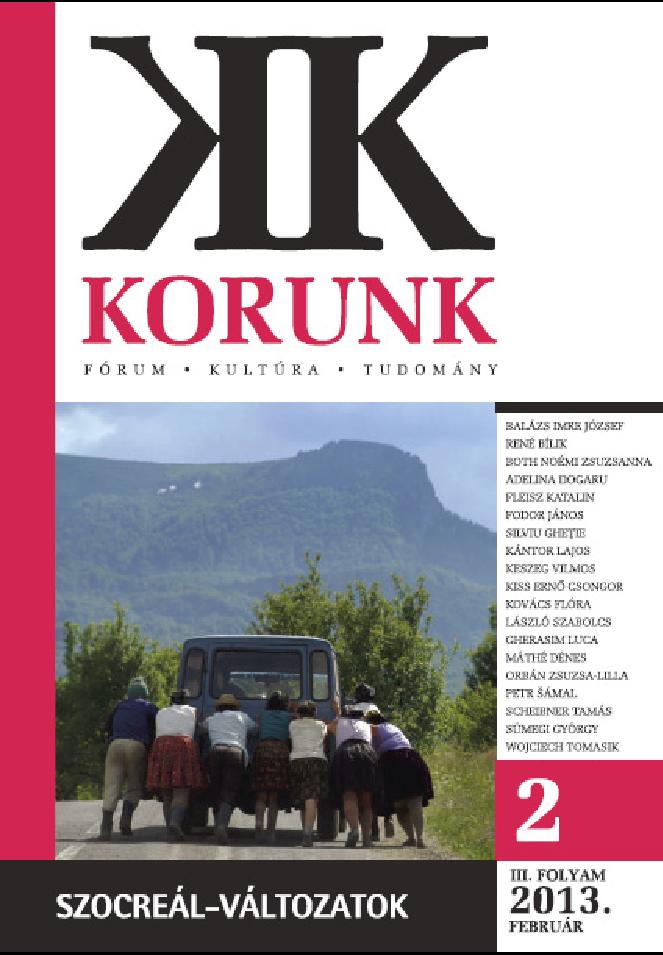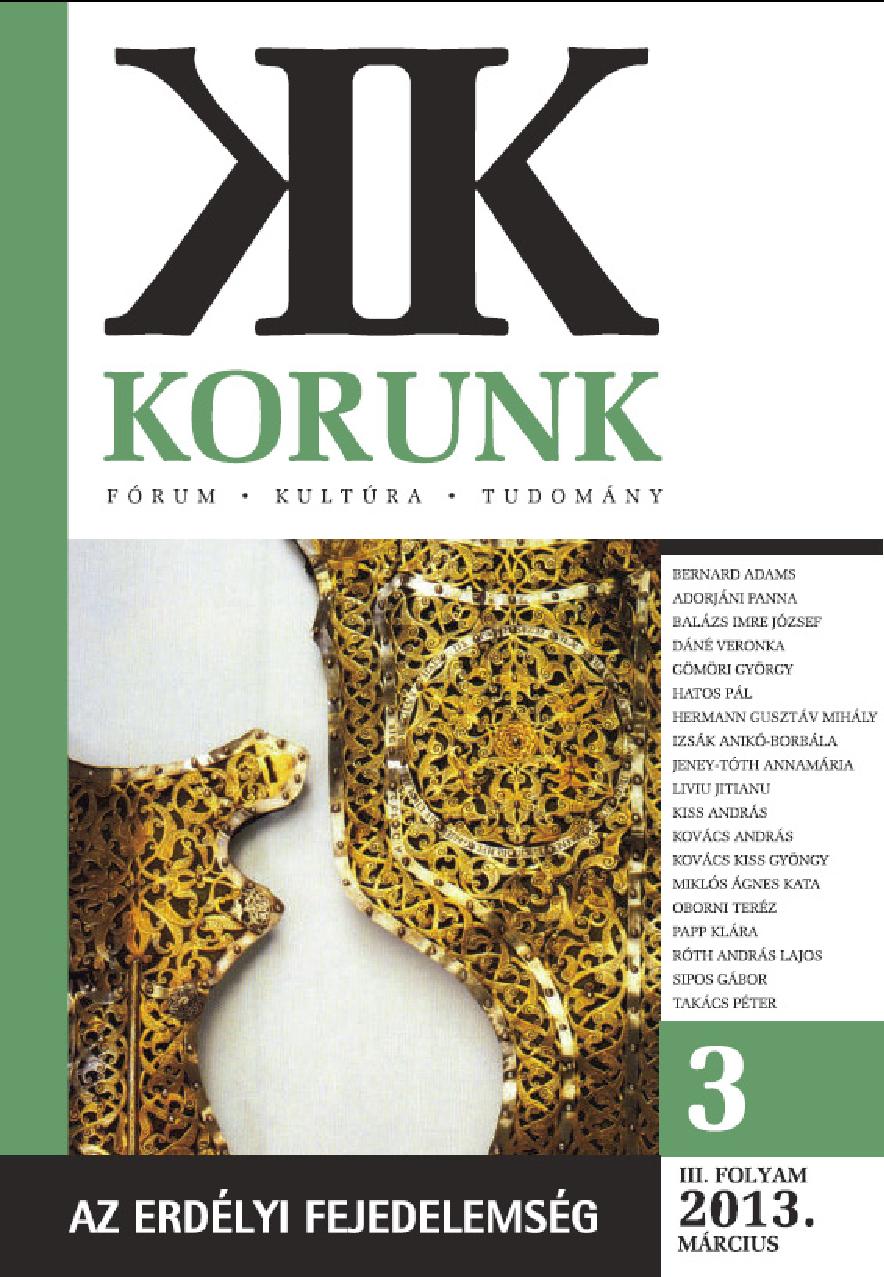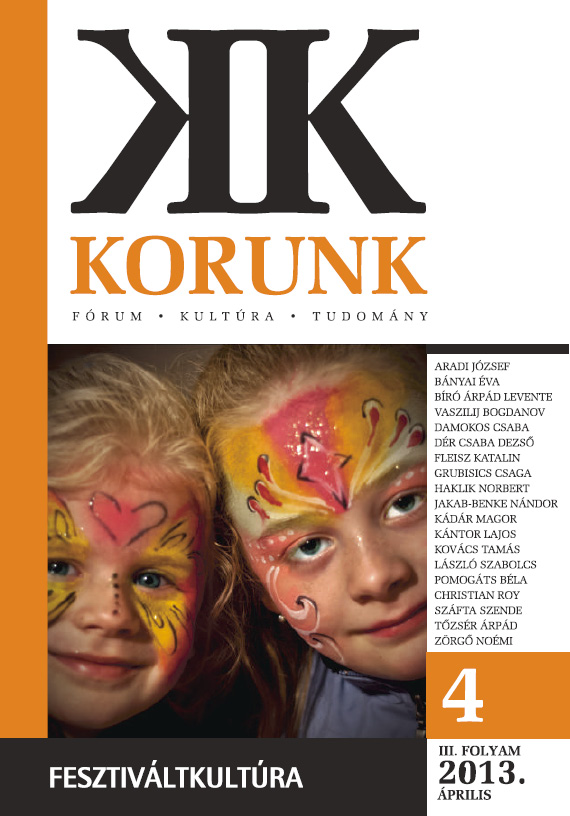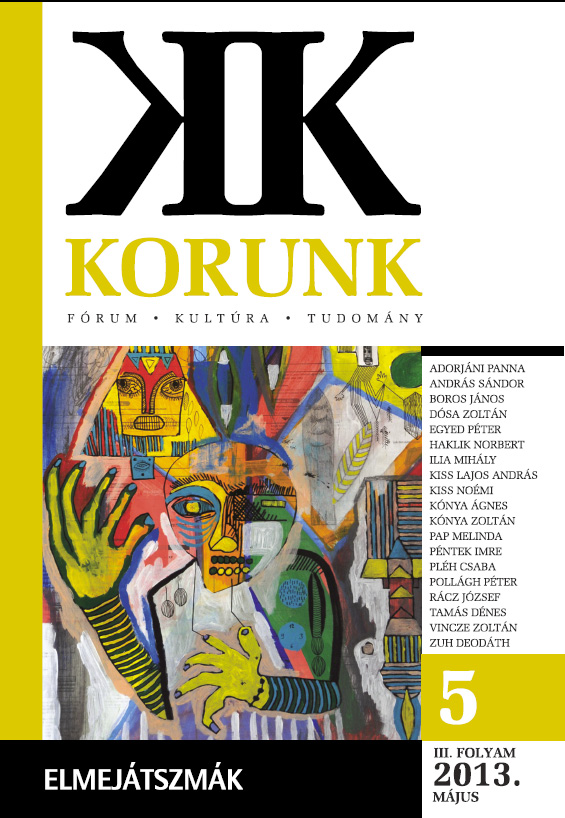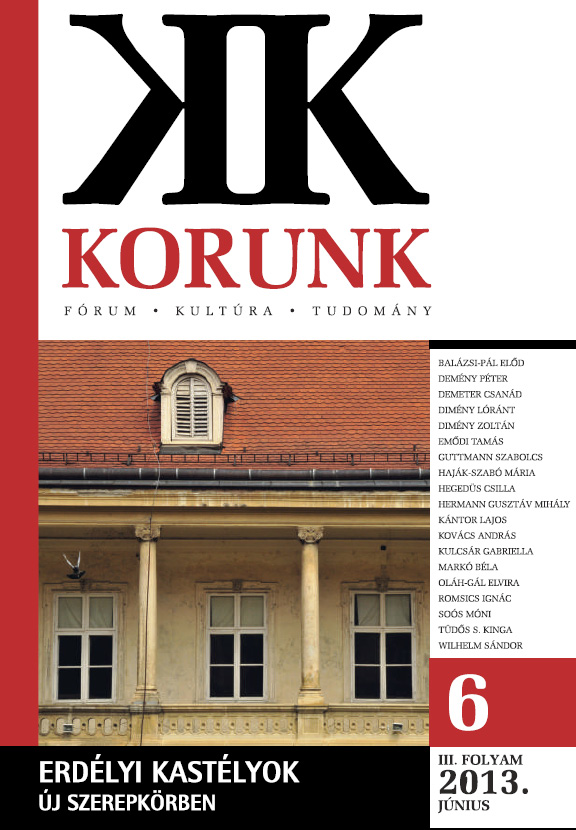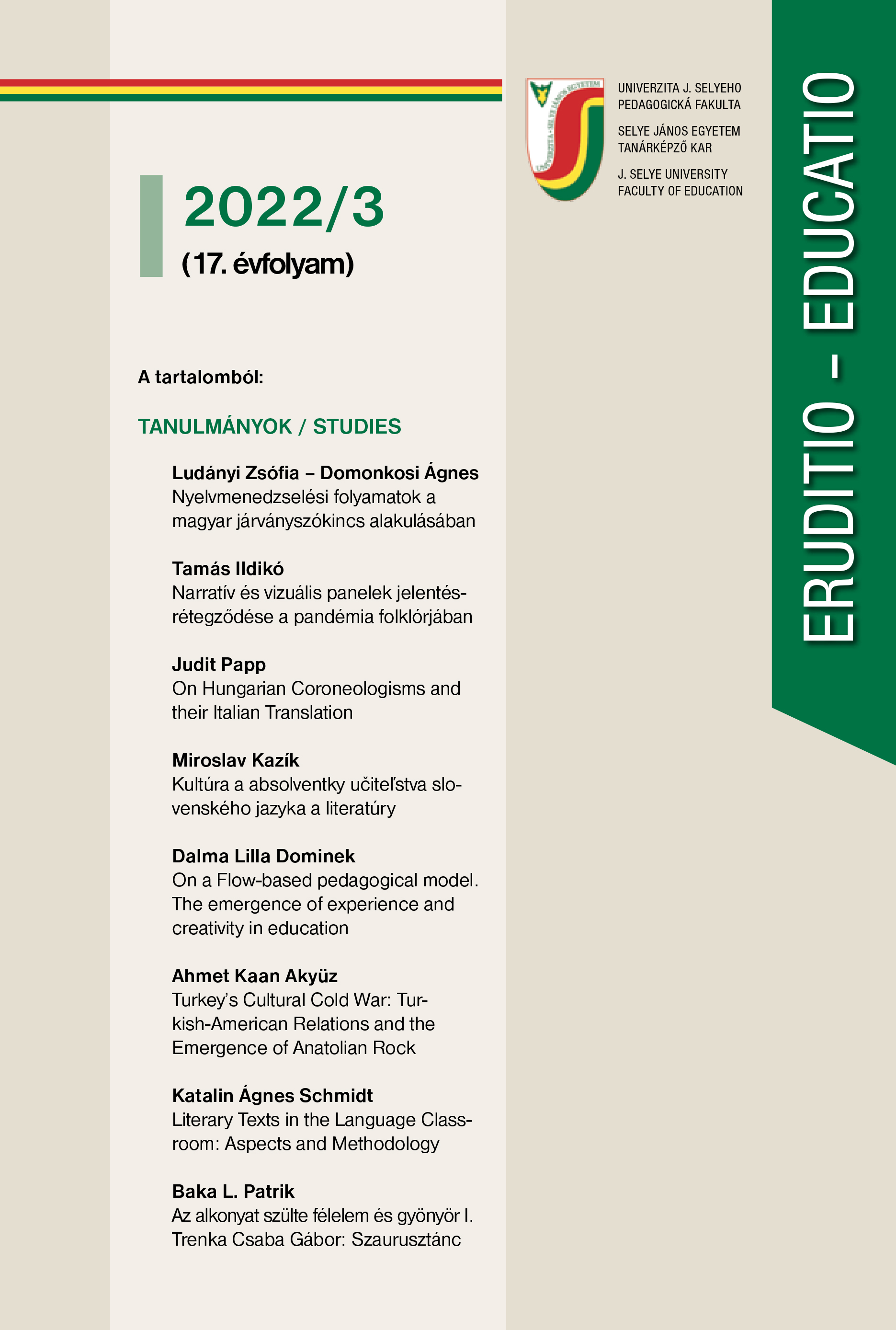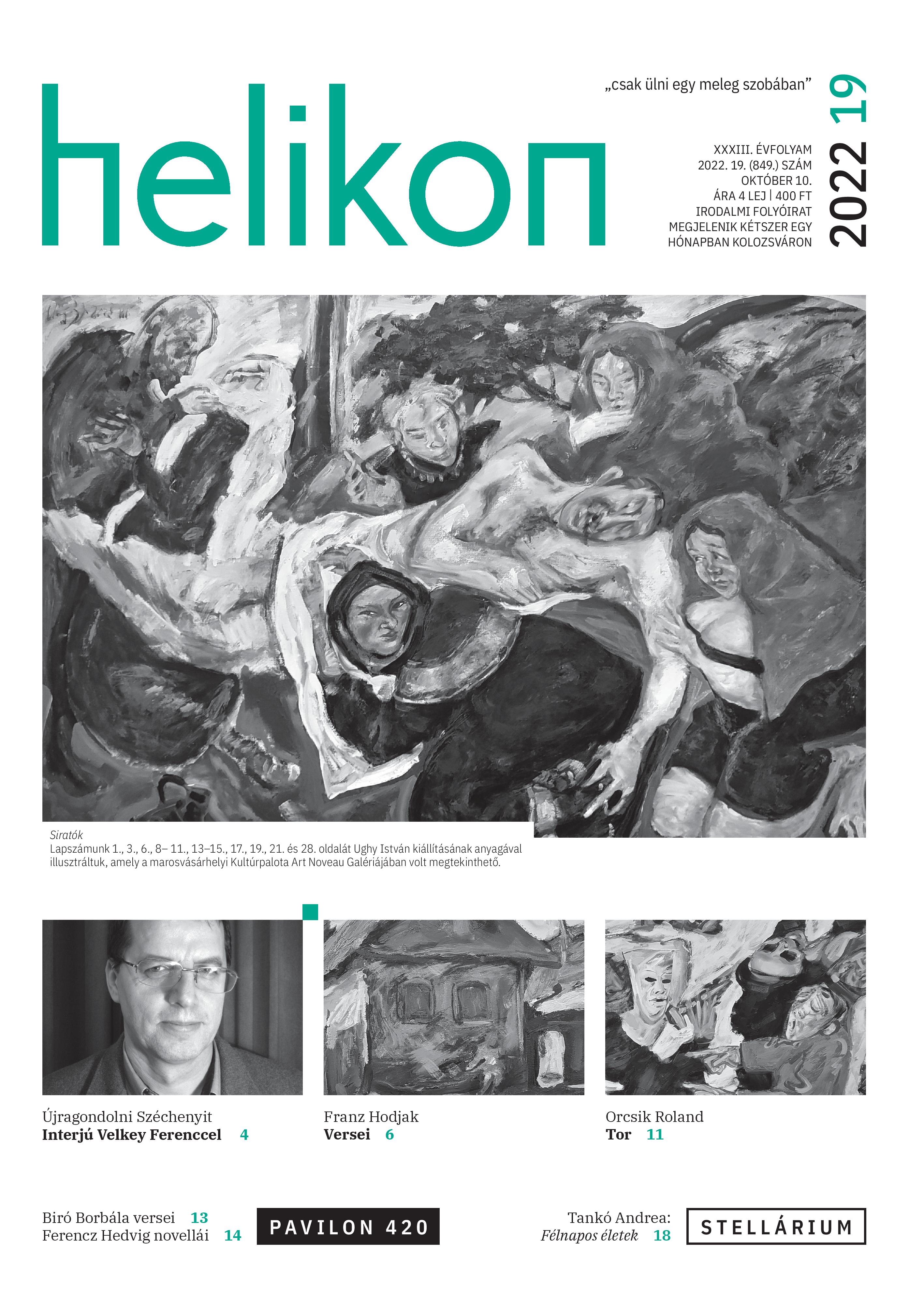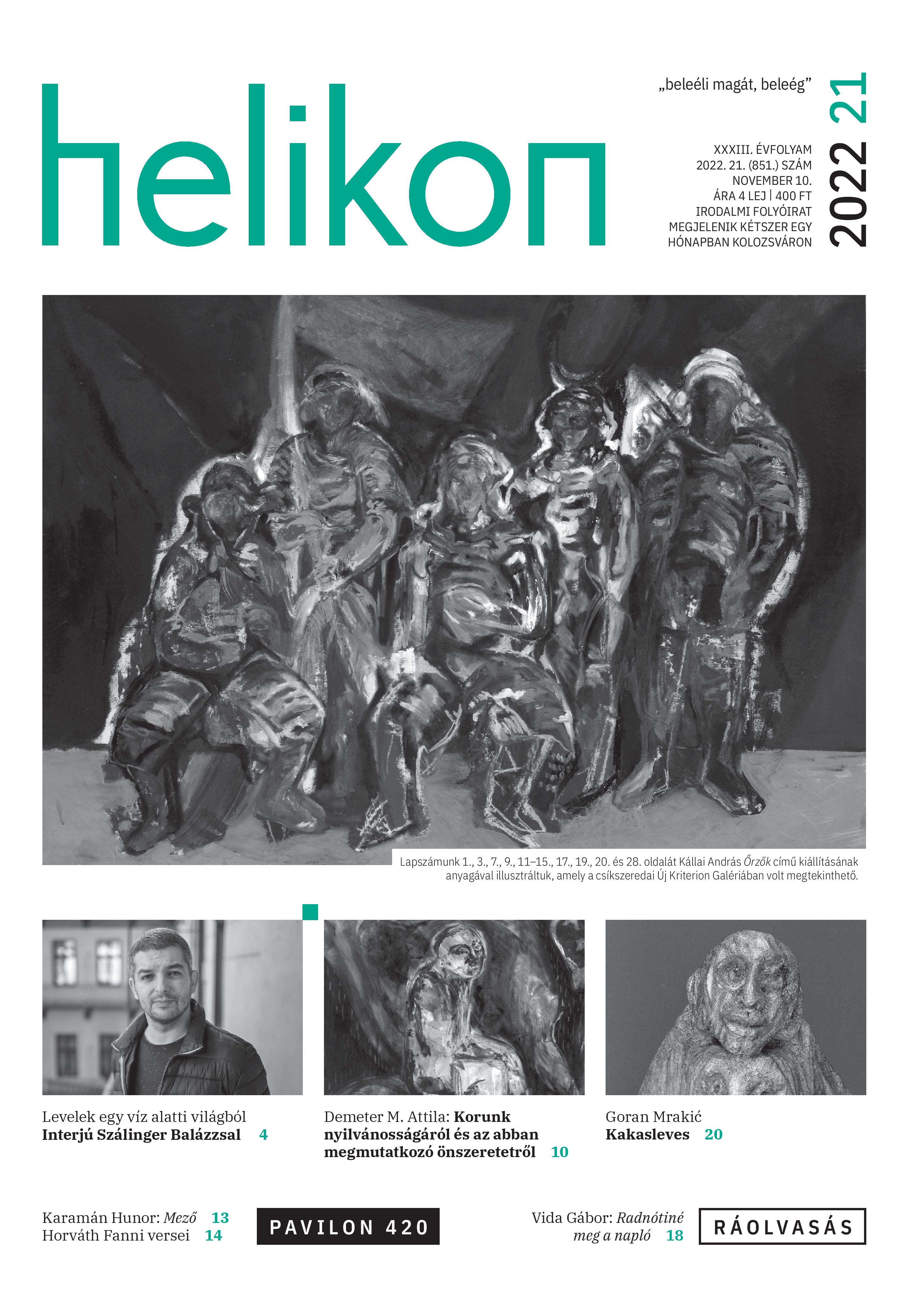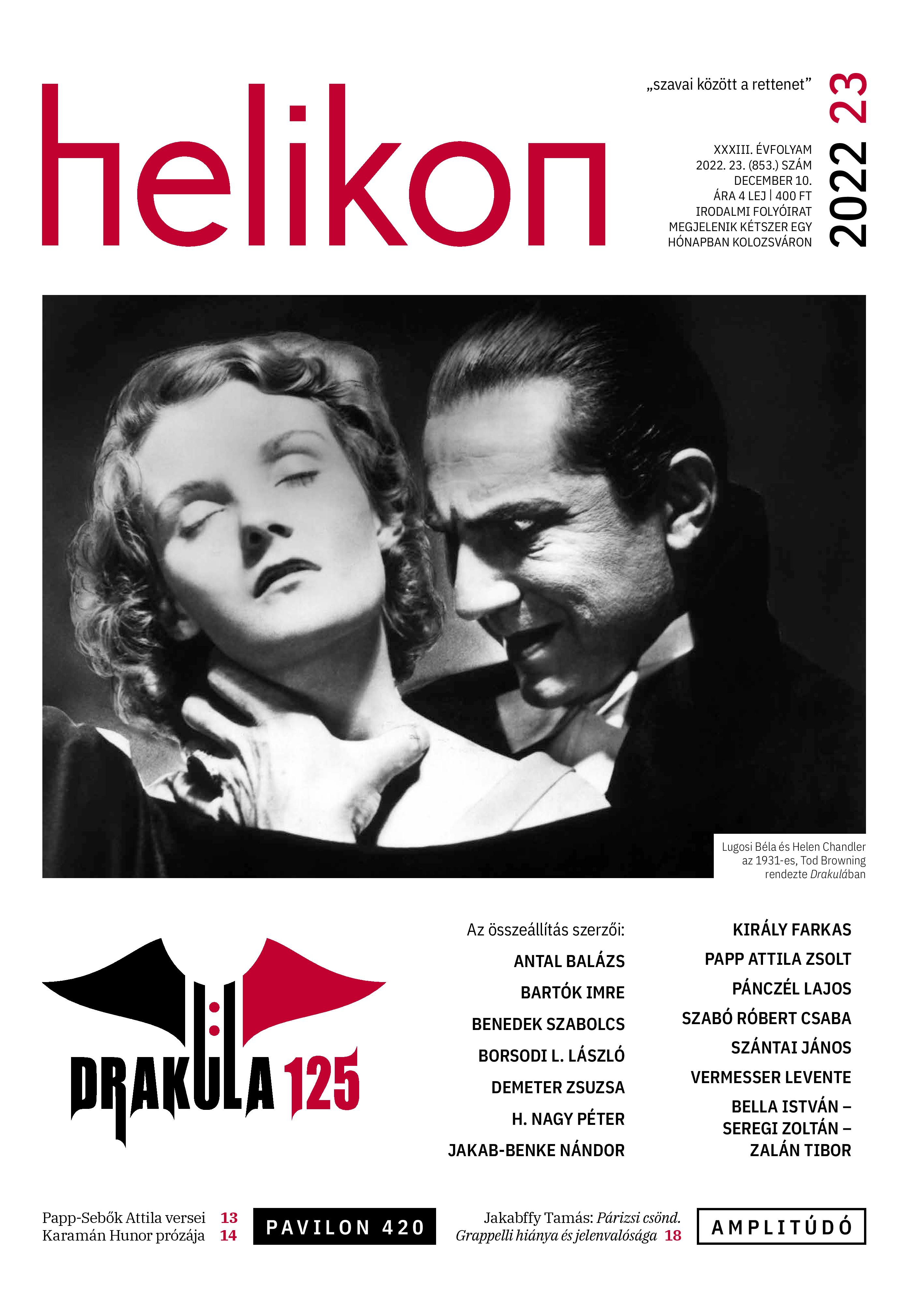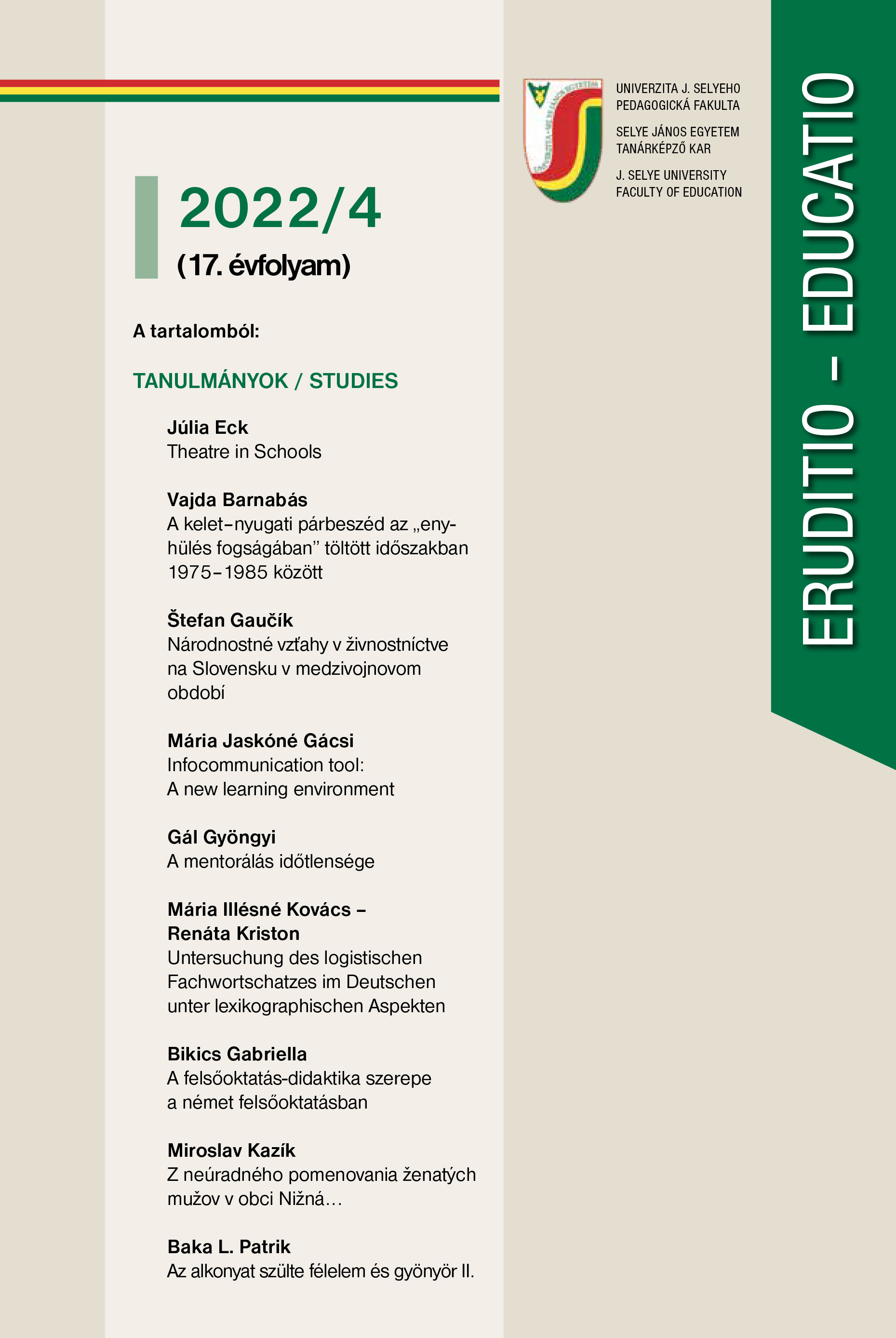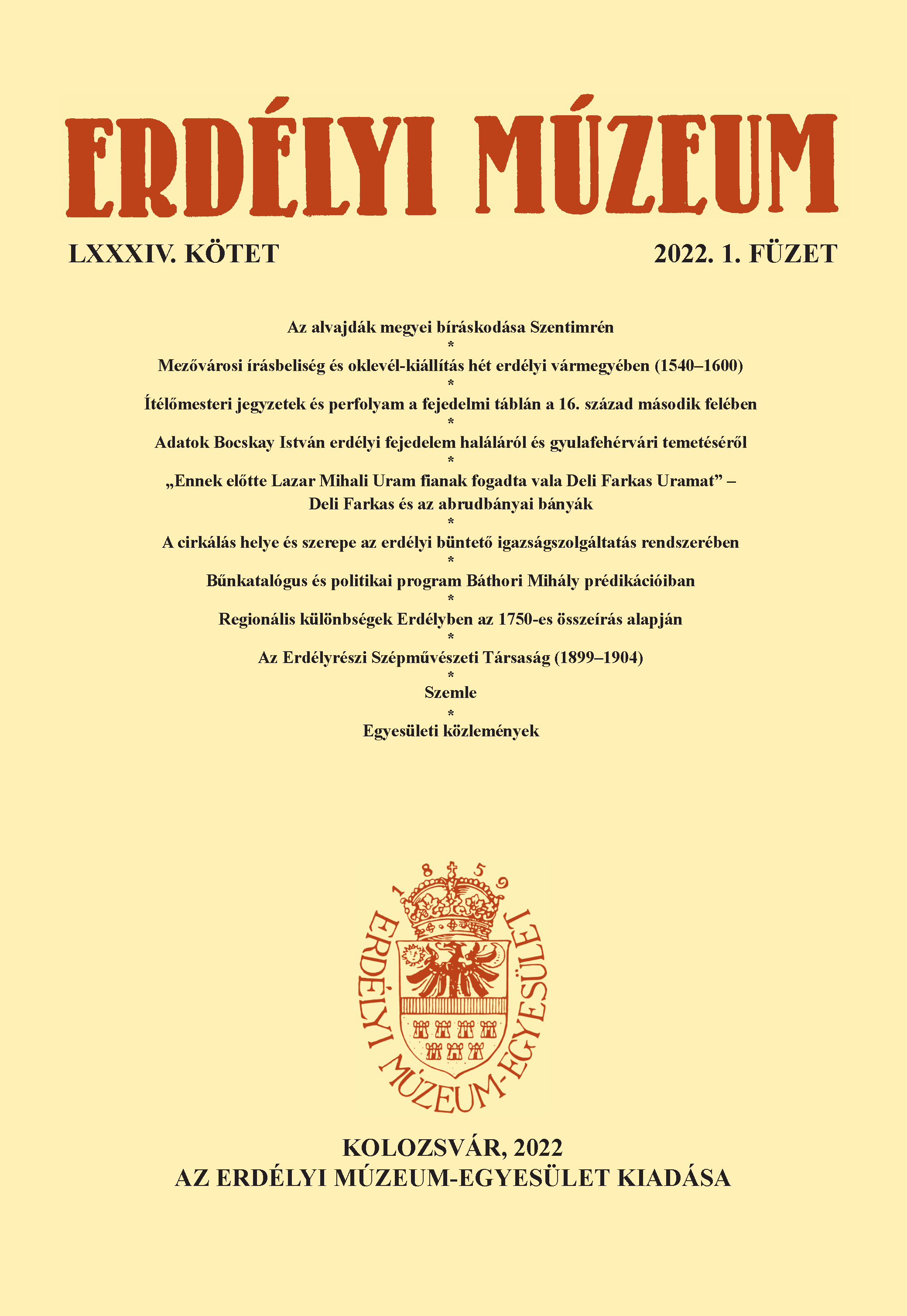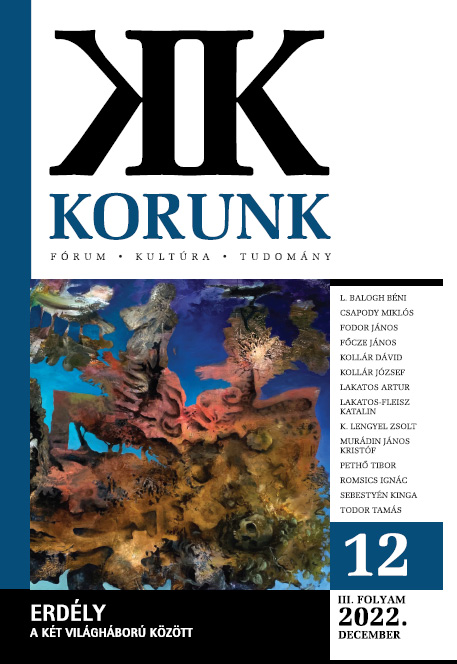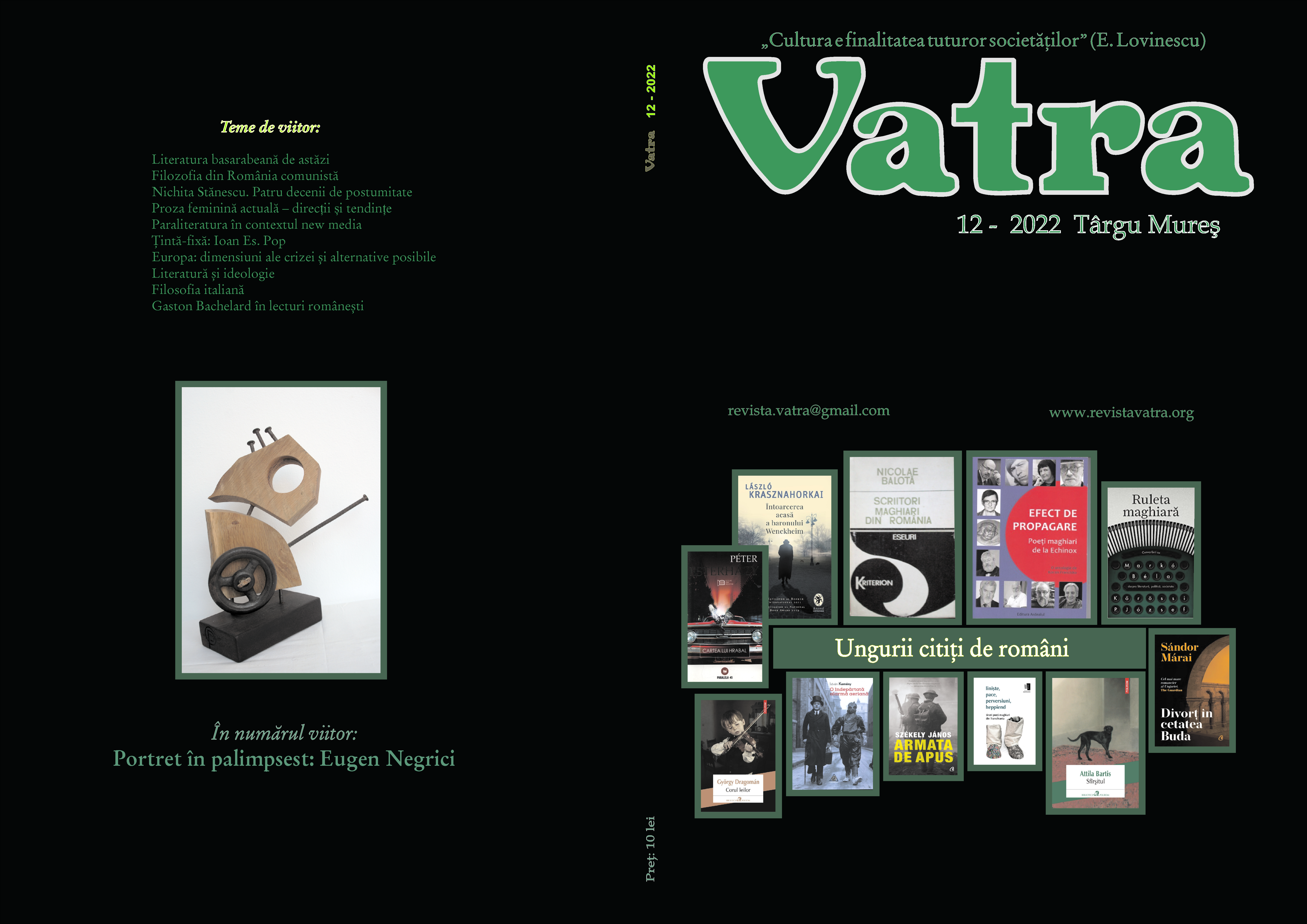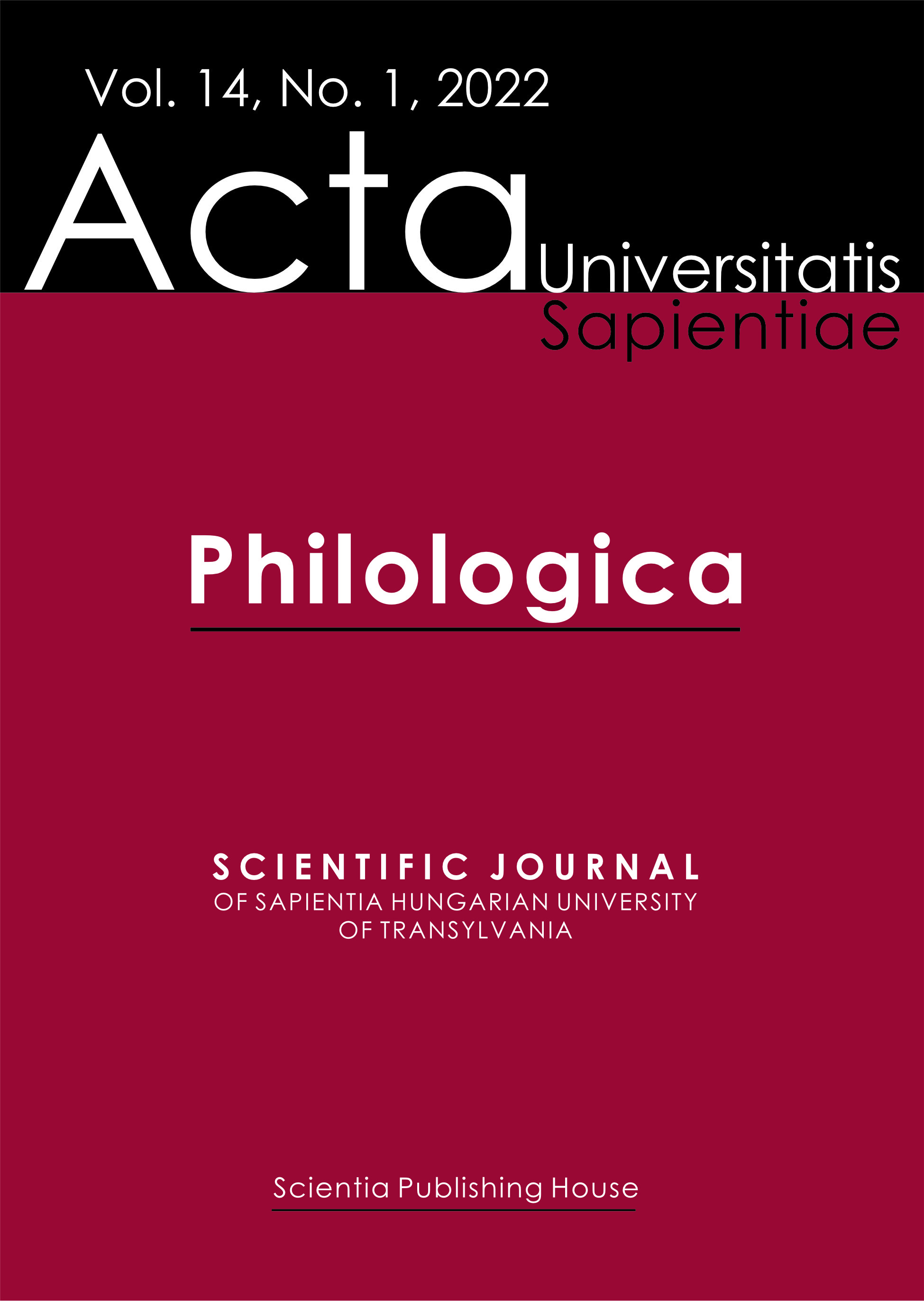Meie aja Ungari-lugusid
The article gives a survey of Hungarian literary life and the trends of Hungarian literature over the past fifteen years, with a thematic focus. The main attention is paid to novels, while short stories, drama and poetry are discussed more briefly. In novels the thematic highlights are history, both recent and distant, as well as pseudo-historical stories, family histories, various traumas, such as Soviet informers, Holocaust, or the Hungarian Revolution of 1956. Poetry is quickest to respond to whatever is happening in society, but topical social criticism is also found in short stories and drama. Hungarian identity has risen on the agenda. The currently popular authors include not only many old classics but also some young ones, even debutantes having a chance of a breakthrough. Hungarian authors are typically language sensitive; the reader can find period language or highly stylized language, or monster sentences. Another popular technique is narration from a child’s point of view. As for literary life, there is a multitude of magazines, literary societies and forums. Many institutions have been reorganized over the recent years, which has elicited heated protests but, hopefully, caused no irreparable harm. A lot of effort is put into making literature available electronically for free. Classical literature can be obtained from the Hungarian Electronic Library, while the Digital Literary Academy offers modern literature.
More...
